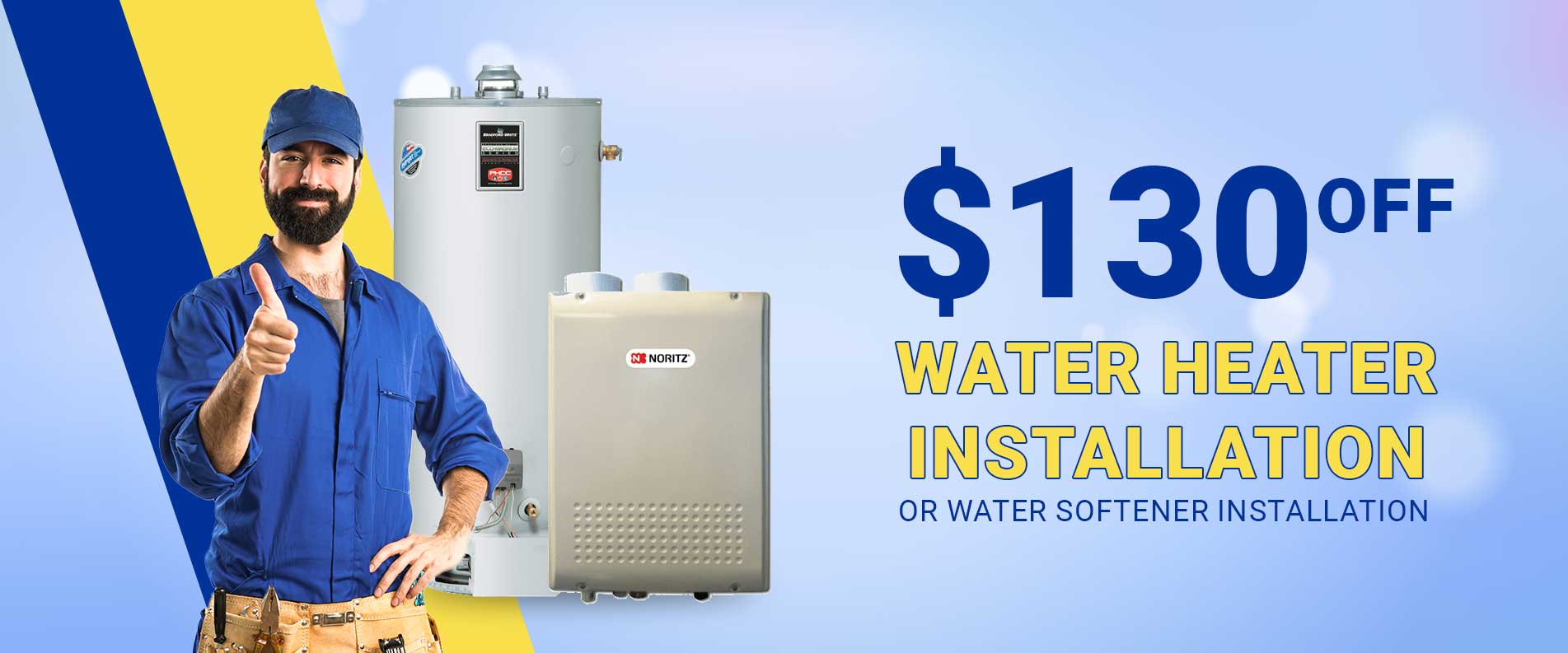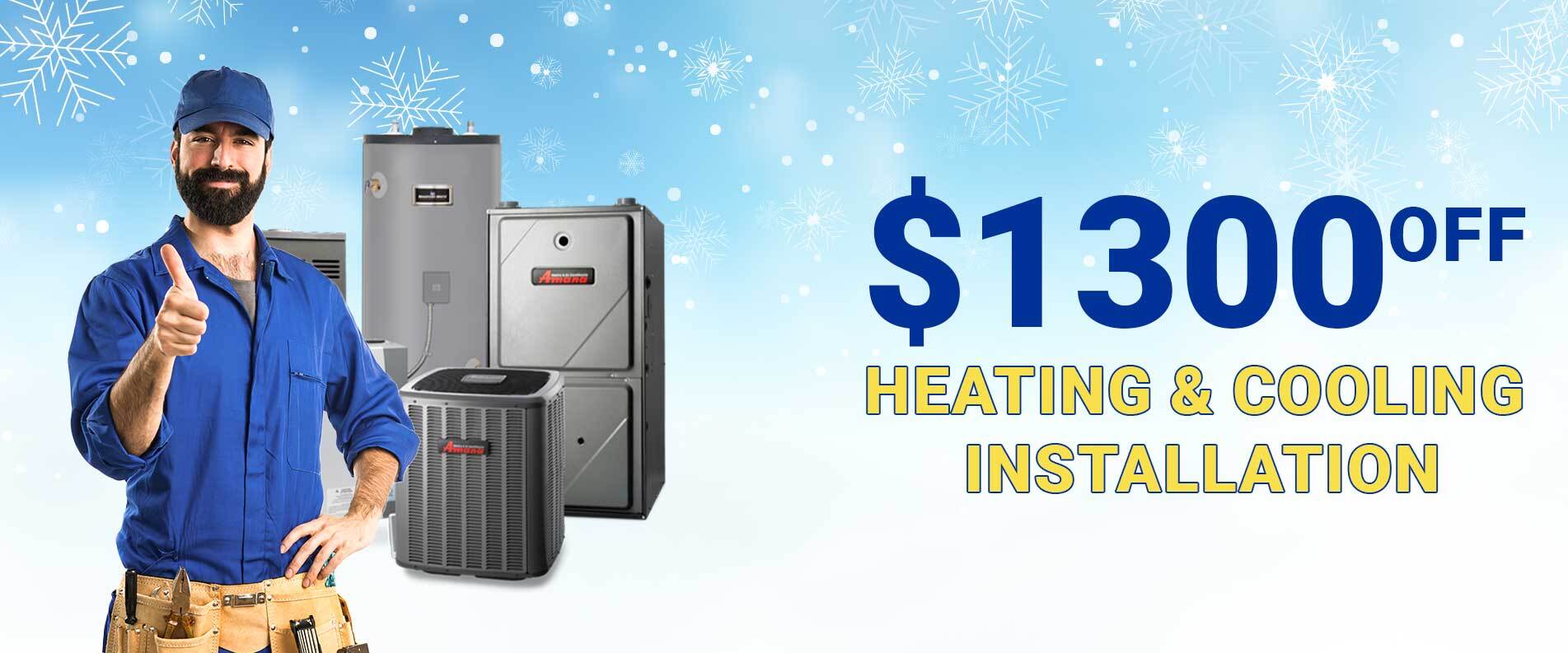As the winter months roll in, the importance of a reliable, efficient heating system becomes paramount in our homes. Among the most popular options for residential heating are natural gas and propane heaters. These systems not only provide the necessary warmth but also offer flexibility and efficiency. Let’s explore these heating solutions in detail, understanding their types, benefits, and safety considerations.
Understanding Natural Gas Heaters
Natural gas heaters have been a long-standing choice for homeowners due to their efficiency and cost-effectiveness. These heaters work by burning natural gas, a clean-burning fuel, which produces heat that is then distributed throughout the home. They are particularly beneficial for those who have access to a natural gas line, providing a continuous and reliable heat source.
Advantages:
- Energy Efficiency: Natural gas is known for its high energy efficiency, making these heaters a cost-effective choice in the long run.
- Consistent Supply: With a direct connection to the gas line, there is no need to worry about running out of fuel, unlike propane or oil heaters.
- Environmental Impact: Natural gas burns cleaner than other fossil fuels, resulting in lower emissions.
Considerations:
- Installation Costs: The initial setup may require professional installation, especially if a gas line needs to be extended to the heater.
- Dependence on Gas Lines: In areas without natural gas lines, these heaters are not an option.
The Versatility of Ventless Propane Heaters
Ventless propane heaters are a fantastic solution for areas lacking natural gas infrastructure. These heaters do not require an external vent, making installation simple and flexible. They burn propane to produce heat, efficiently warming the indoor environment.
Advantages:
- Ease of Installation: No need for expensive venting systems or complex installation processes.
- Portability: Many models are portable, allowing you to move the heat source as needed.
- High Efficiency: They convert most of the propane into usable heat, making them an energy-efficient choice.
Considerations:
- Ventilation: While ventless, these heaters still require proper room ventilation to prevent the buildup of moisture and combustion byproducts.
- Fuel Storage: Propane tanks need to be refilled, which requires planning and storage considerations.
Propane Heaters for Indoor Use: Targeted Heating
Propane heaters designed for indoor use offer targeted heating for specific areas within a home. These are typically smaller, portable units that can be easily moved to where they are needed most.
Advantages:
- Flexibility: Ideal for heating specific areas or rooms within a house.
- Portability: Easy to move and reposition as heating needs change.
- Ease of Use: These heaters are generally user-friendly, with simple controls and quick setup.
Considerations:
- Room Size: They are best suited for small to medium-sized rooms.
- Safety: It’s crucial to ensure proper ventilation and to follow manufacturer guidelines to prevent the risk of carbon monoxide poisoning.
Ventless Gas Heaters: A Convenient Heating Solution
Ventless gas heaters can use either propane or natural gas. These heaters are a popular choice due to their ease of installation and efficient heating capabilities.
Advantages:
- No Venting Required: This makes them easier and less expensive to install than vented models.
- Efficiency: A high percentage of the fuel is converted into heat, making them an energy-efficient choice.
- Versatility: Suitable for various indoor spaces, including homes and offices.
Considerations:
- Indoor Air Quality: Regular maintenance and proper ventilation are essential to maintain indoor air quality.
- Heat Output: They may not be suitable for very large spaces due to limited heat output compared to vented systems.
Vent-Free Propane Heaters: Efficient and Practical
Vent-free propane heaters are a subset of ventless heaters that specifically use propane. These heaters are highly efficient and are an excellent choice for additional heating.
Advantages:
- High Efficiency: Most of the fuel is converted into heat with minimal loss.
- Easy Installation: No need for external venting systems.
- Ideal for Emergencies: A reliable heat source during power outages or other emergencies.
Considerations:
- Fuel Supply: Requires regular refilling of propane tanks.
- Usage Restrictions: Some regions have regulations or restrictions on the use of vent-free heaters due to safety concerns.
Safety First: Ensuring a Secure Heating Experience
No matter the type of heater you choose, safety should always be a top priority. Here are some general safety tips:
- Installation: Always have heaters installed by a qualified professional.
- Ventilation: Ensure proper ventilation to avoid the accumulation of harmful gases.
- Maintenance: Regularly maintain your heater to ensure it’s operating safely and efficiently.
- Carbon Monoxide Detectors: Install carbon monoxide detectors in your home to monitor air quality.
- Follow Manufacturer Instructions: Always adhere to the guidelines provided by the manufacturer for the safe operation of your heater.
Conclusion:
Selecting the right heater for your home depends on various factors such as the availability of natural gas or propane, the size of the area to be heated, and personal preferences regarding installation and maintenance. Both natural gas and propane heaters offer distinct advantages and can provide a comfortable, warm environment in your home.
By understanding the different types of heaters and their specific considerations, you can make an informed decision that ensures comfort, efficiency, and, most importantly, safety in your home during the colder months





